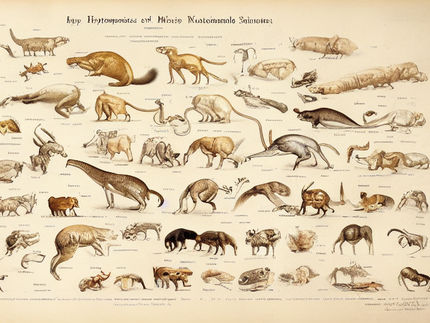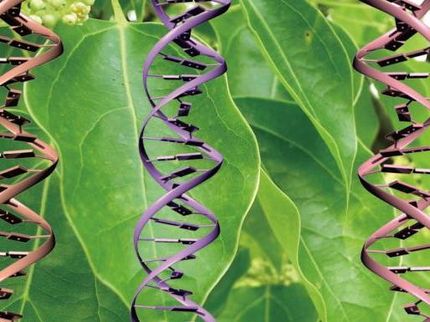Genomes of Archbishop Desmond Tutu, 4 other Africans, add to knowledge of human diversity
Analyzing the genomic structure of five men descended from the hunter-gatherers of southern Africa – including famed South African Bishop Desmond Tutu – reveals surprising ways in which the genetic codes of these groups differ from others in the world and from each other, said a consortium of experts including those from Baylor College of medicine in a report that appears in Nature.
In the report, the group describes the fully sequenced genomes of an individual descended from a hunter-gatherer society in the Kalahari Desert and Archbishop Tutu, a Bantu from southern Africa. They also describe the genomic protein coding regions of the genetic codes of three others from various areas of the Kalahari.
"These genomes represent an important advance in understanding human diversity," said Dr. Richard A. Gibbs, director of the Baylor Human Genome Sequencing Center and a senior author of the report. "We would like to thank Archbishop Tutu and the other four individuals for taking part in this work and for furthering our understanding of these important issues."
Dr. Stephan C. Schuster, professor of biochemistry and molecular biology, and Dr. Webb C. Miller, professor of biology and computer science and engineering, both at Pennsylvania State University, and Dr. Vanessa M. Hayes, group leader of cancer genetics at the Children's Cancer Institute Australia at the University of New South Wales in Sydney and a Fulbright Professional Scholar at Penn State, took the lead on the work.
The researchers found more single nucleotide polymorphisms in the fully sequenced genomes of one Kalahari Desert individual and to a less extent, in Archbishop Tutu, than has been reported in other individual genomes. Both also had a far higher number of novel single nucleotide polymorphisms than had been seen in other individual genomes that have been published.
Some of the differences in genetic code are related to lifestyle, such as lack of the gene for lactase persistence related to the ability to digest milk and an allele related to light-colored skin. They also found that the individuals lack a malaria-resistance gene, which may have ramifications for populations forced into an agrarian life in which mosquitoes play an important role.
"Therefore, these genetic markers may allow for the tracing of the rate of human adaptation in changing environments," the researchers wrote.
They also found single nucleotide polymorphisms related to enhanced physical prowess. For example, four had two copies of a gene associated with higher bone mineral density and strength. Three had two copies of a gene associated with increased sprint and power performance. One desert dweller had a gene for a chloride channel that enables the person to retain salt and water – an advantage to people in dry climates.
The Bushmen of the Kalahari have remained hunter-gatherers, and their genes may reflect an adaptation to this lifestyle, the authors note.
Topics
Organizations
Other news from the department science

Get the analytics and lab tech industry in your inbox
By submitting this form you agree that LUMITOS AG will send you the newsletter(s) selected above by email. Your data will not be passed on to third parties. Your data will be stored and processed in accordance with our data protection regulations. LUMITOS may contact you by email for the purpose of advertising or market and opinion surveys. You can revoke your consent at any time without giving reasons to LUMITOS AG, Ernst-Augustin-Str. 2, 12489 Berlin, Germany or by e-mail at revoke@lumitos.com with effect for the future. In addition, each email contains a link to unsubscribe from the corresponding newsletter.






















































